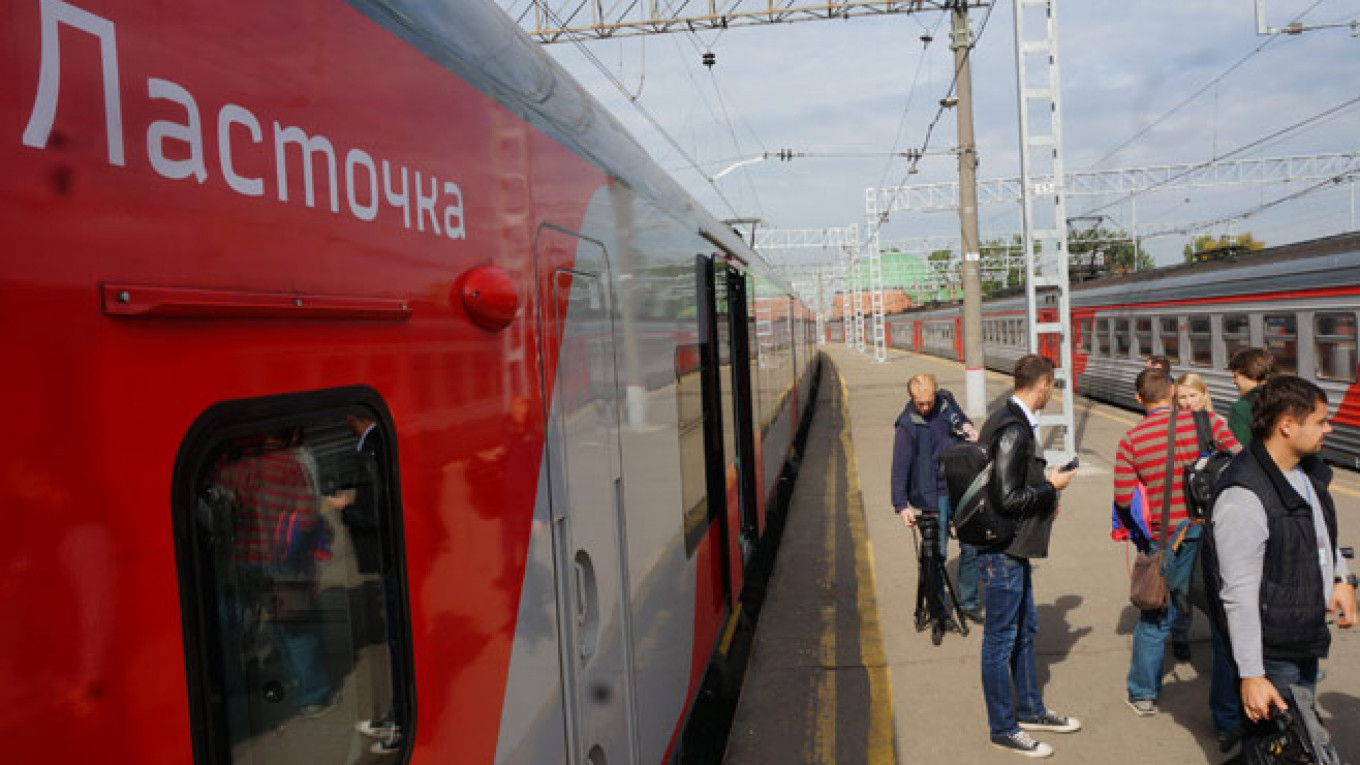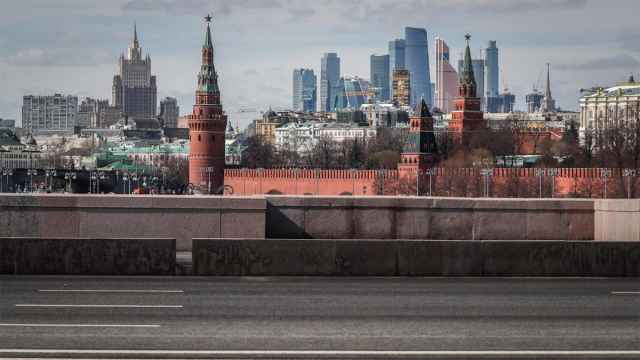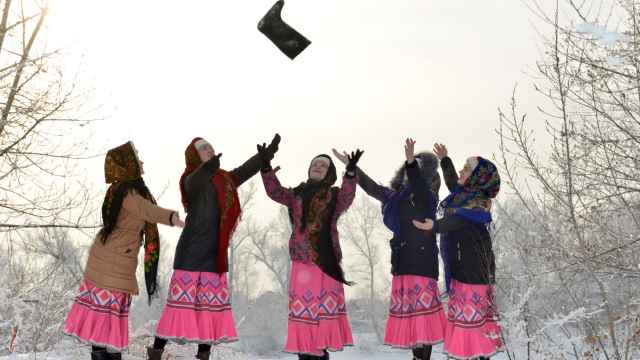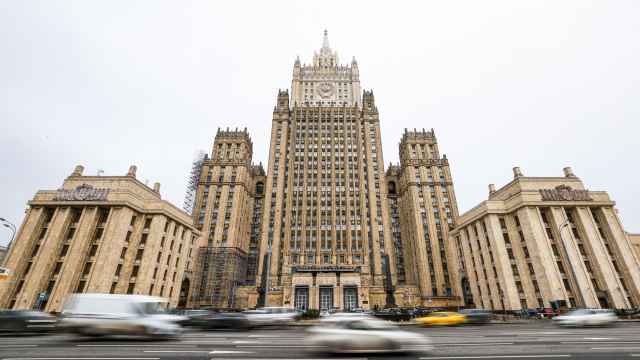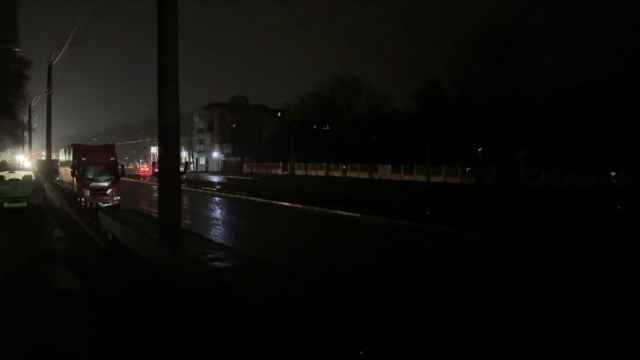High-speed trains on Thursday began running between Moscow and Tver, a city some 160 kilometers northwest of the Russian capital, in the latest expansion of Russia's fast rail network.
The first train departed from Moscow's Leningradsky Station carrying on board a number of top Russian officials including Moscow Mayor Sergei Sobyanin, the TASS news agency reported.
The Lastochka ("Swallow") fast train has a maximum speed of 160 kilometers per hour and will reduce travel time to Tver by one hour to 1.5 hours. It will stop at a number of local stations and pass through the regional town of Zelenograd, cutting travel time to that city from 57 minutes to 25 minutes.
At rush hour, high-speed trains between Moscow and Zelenograd's Kryukovo station will run every 7 minutes, according to TASS.
A one-way ticket from Moscow to Tver costs 400 rubles ($6), while a ticket to Zelenograd costs 160 rubles ($2.50), the agency said.
The Tver line is the latest addition to Russia's fledgeling high-speed network. First appearing 6 years ago, fast trains now connect Moscow with Tver, St. Petersburg and Helsinki to the west, and Nizhny Novgorod to the east.
A high-speed rail link between Moscow and Kazan, 700 kilometers east, is planned by 2020, and authorities are discussing with China the construction of a fast railroad between Moscow and Beijing — a journey that currently takes about a week on the Trans-Siberian Railway.
Lastochka trains were originally designed by Germany's Siemens to operate in Sochi during the Winter Olympics last year, and began to be produced in Russia in 2013.
A Message from The Moscow Times:
Dear readers,
We are facing unprecedented challenges. Russia's Prosecutor General's Office has designated The Moscow Times as an "undesirable" organization, criminalizing our work and putting our staff at risk of prosecution. This follows our earlier unjust labeling as a "foreign agent."
These actions are direct attempts to silence independent journalism in Russia. The authorities claim our work "discredits the decisions of the Russian leadership." We see things differently: we strive to provide accurate, unbiased reporting on Russia.
We, the journalists of The Moscow Times, refuse to be silenced. But to continue our work, we need your help.
Your support, no matter how small, makes a world of difference. If you can, please support us monthly starting from just $2. It's quick to set up, and every contribution makes a significant impact.
By supporting The Moscow Times, you're defending open, independent journalism in the face of repression. Thank you for standing with us.
Remind me later.


